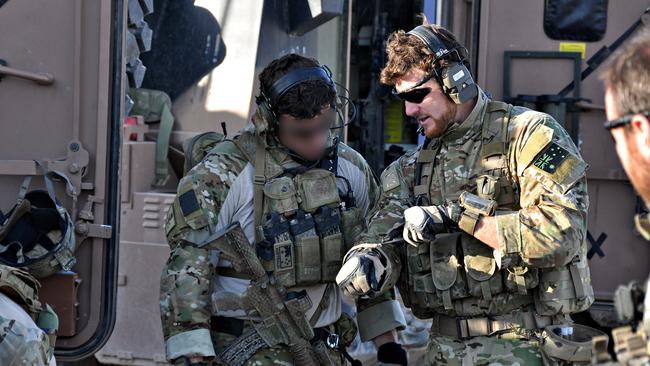
We all ought to remember that so far nothing has been proved beyond a reasonable doubt in a criminal court. Inquiries, even defamation cases, can produce headlines and strange findings. That is not to dispute this defamation ruling, merely to note it’s not a criminal conviction.
Nonetheless, the evidence that some Australian soldiers may have killed civilians, killed prisoners or directed that they be killed is substantial. This is certainly a grave matter. Any Australian soldier is bound by the special laws of war and the general laws of morality. In World War II, Adolf Hitler ordered that any allied SAS member who was captured should be executed. This was rightly regarded by the allies as murder.
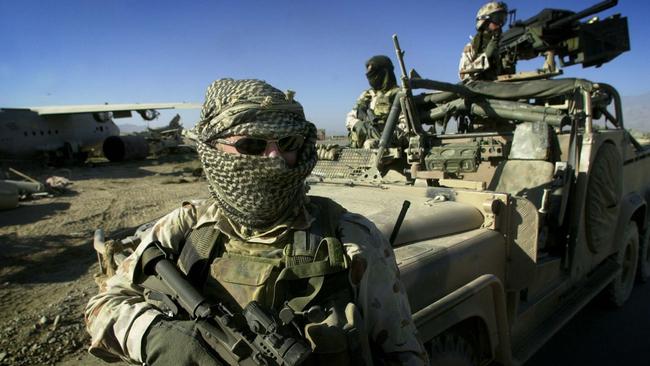
However, it would be a folly on top of a tragedy if we now went crazy in response, tarring all members of a unit with the crimes of a few, or instituting reforms that make our already incoherent defence force even less capable of combat than it is now.
As I’ve written before, the SAS was grossly overused in Afghanistan. This contributed to the poor judgment of some of its soldiers. It arose from the overwhelming desire of the defence establishment, and the governments it served, that the ADF should never go into combat or even be capable of combat.
Since the Vietnam War, Australia has been involved in lots of deployments. But their purpose has been to show the Americans we are good allies, not actually to achieve any military effect, certainly not any strategic effect.
We’ve sent ships and planes to the Middle East, but only to theatres where the Americans have complete dominance.
We have used some of the most sophisticated planes in the world to bomb terrorists in environments where the Americans have complete air superiority and control. This is not to diminish the service of our military personnel. They do the jobs they are given and all military jobs involve risk.
Very few countries in the world spend more money on their defence force for less military effect than Australia does. The only part of our entire ADF that we readily put into combat are the special forces, especially the SAS.
The SAS always wants to serve. The very definition of a special forces soldier is that he has a bias to action and an internal locus of control. He wants to act, and believes he can master any situation he’s given. It’s too easy for others therefore to leave the job to the SAS. They get things done and can take care of themselves, so there won’t be heavy casualties.
That appeals to Canberra. The way successive governments, starting with the Howard government, used the army in Afghanistan and Iraq was an insult to the army. It was as if Canberra believed the army incapable of combat.
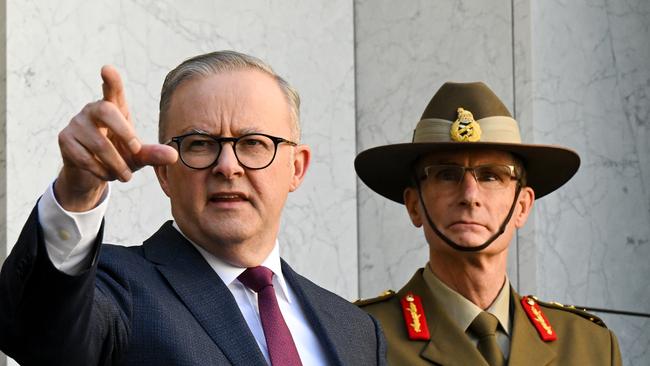
Jim Molan, a magnificent man and soldier, argued that Australia should take overall responsibility for an entire province in Afghanistan. This would have been a strategic contribution. It would necessarily have involved more units of the army meeting insurgents and terrorists in combat. No government in Canberra would do that because we never wanted to have a strategic effect. Or, rather, we didn’t ever desire to have a military strategic effect. The strategic effect we hoped for was to show the Americans we were good allies. In that case we shouldn’t have been there at all.
Don’t get me wrong. No one could be more in favour of our paying our alliance dues than me. But we should deploy military forces in combat for military, not diplomatic, purposes. This besetting, crippling mentality of learned helplessness blights our military in every dimension right up until today. We will do tough policing work in the South Pacific, search and rescue, disaster relief, and we’ll join the Americans in combat if they provide a benign environment for us. But we won’t join them in attempting to have any strategic impact of our own through combat or even deterrence. You can see this learned helplessness in the way all the big military decisions were deferred in the Defence Strategic Review.
Not only was the SAS used to the exclusion of the regular army in Afghanistan, it was used for tasks that were not special forces tasks. Using signals intelligence to find and hunt high-priority targets is a special forces task. Pounding the ground is not.
There are two iron laws of defence that will play out in this controversy. One law is that no matter how badly defence performs in producing capabilities, no senior civilian ever suffers a career reversal or takes any responsibility. Failures happen apparently by magic.
The corollary is that with any military problem, the only people punished are junior soldiers, the lower the rank, the more likely the punishment. The Chief of the Defence Force, Angus Campbell, who has played his part in our equipment hopelessness, was for a time the Australian commander in Afghanistan. He had responsibility for his command. There’s not the slightest chance he’ll be giving back any medals.
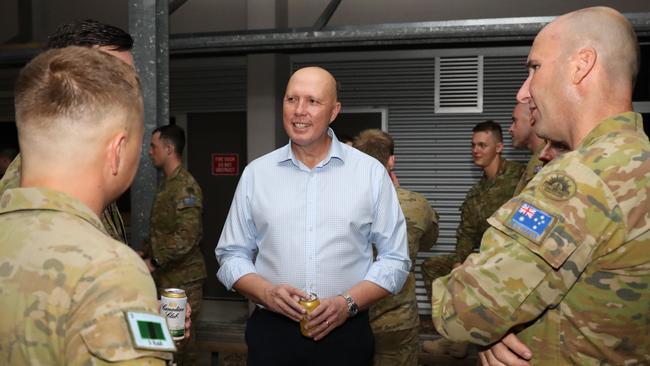
The government is now pushing a great deal of politically correct nonsense on the army. It has restored the rainbow morning teas. It rejoices in its membership of LGBTQ lobby groups. Diversity, equity and inclusion are all the rage. Recruitment advertisements make no mention of combat or what a life of service in the army is really all about. I am strongly in favour of diversity in the army and the ADF. But diversity should work this way: you encourage people from widely diverse backgrounds to apply, but then the selection and promotion procedures should be absolutely colourblind and gender-blind.
We forget what the army is for. The key role of the army is to close with and destroy the enemy. You hope you never need to do that, but that’s what you have a military for. The Australian Army, like many Western armies, is now subject to a bewildering range of woke requirements that have nothing to do with being an effective army, nor indeed with being an ethical and moral military either. Given the emphasis on teamwork and group cohesion, this kind of poison can spread through a military at devastating speed.
The Brereton report was wrong to disparage the idea of soldiers as warriors. This self-image has traditionally been at the heart of the US military, the most effective in the world. Effective soldiers believe they are warriors for one reason – that’s what they are. The tragedies recently revealed ought to make senior commanders and politicians reflect on the irresponsible and mistaken nature of their previous policies. Think that’s likely? They shouldn’t be used to ruin the one bit of the ADF we’ve been willing to deploy in combat, or to make our small, gravely undergunned and incoherently structured military even less combat effective than it already is.


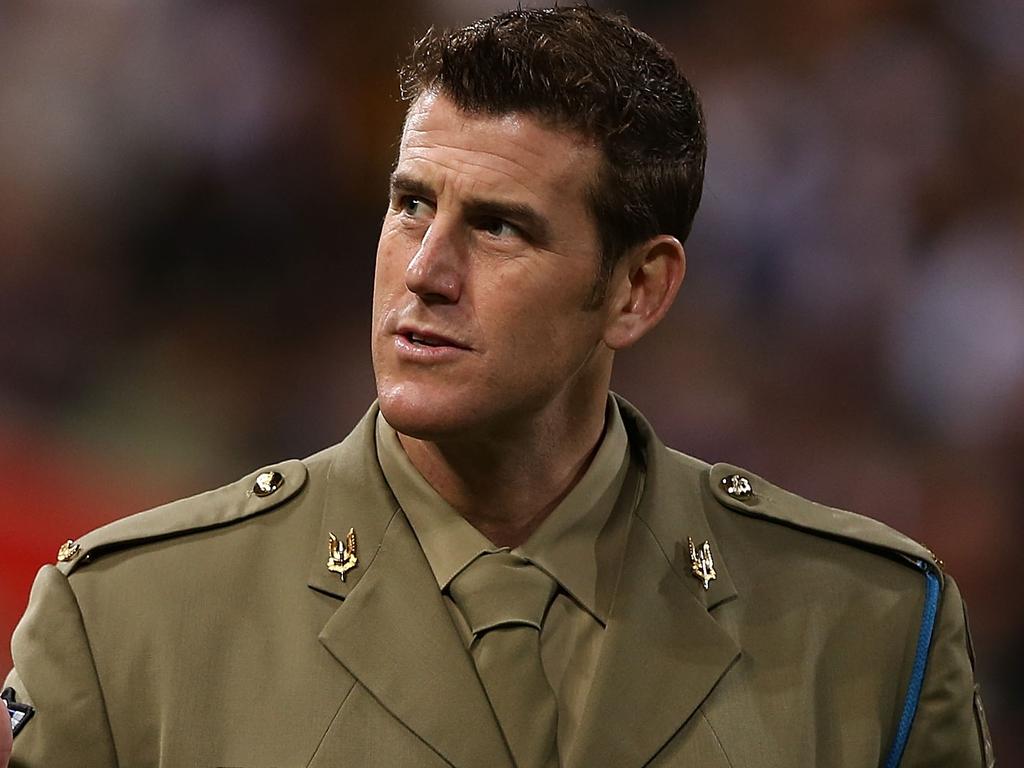

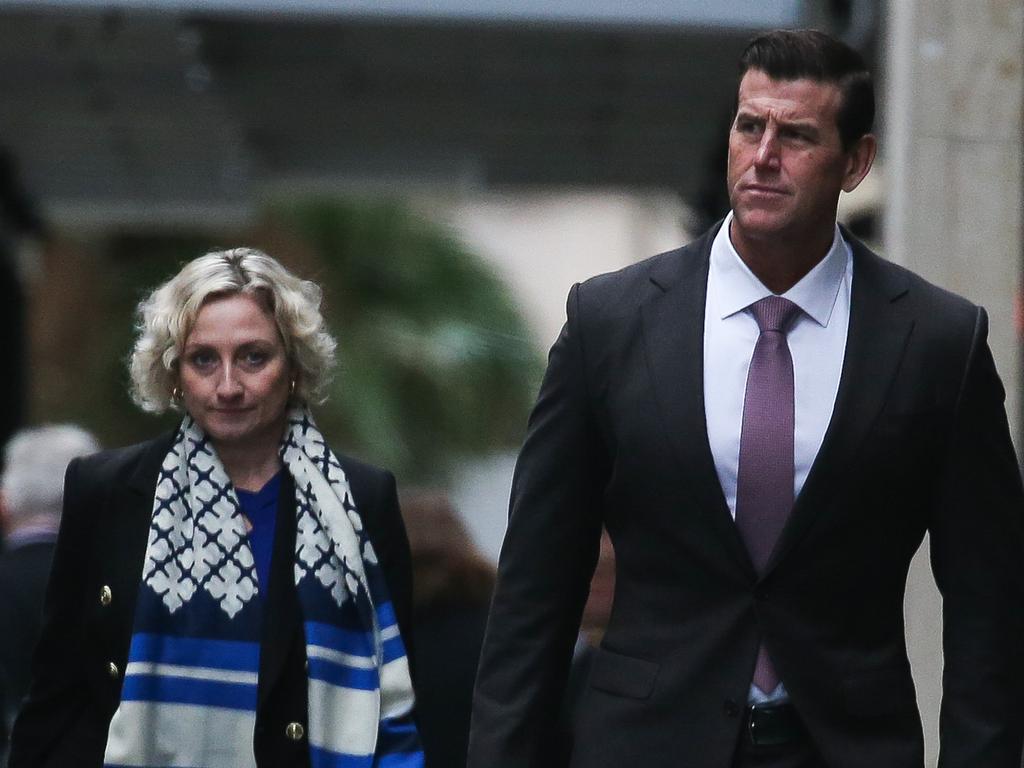



The combined tragedies of the behaviour uncovered in the Brereton report and the defamation court findings against Victoria Cross winner Ben Roberts-Smith will be further compounded if they lead to a weakening of the military capability of the Australian Army, or its special forces, the SAS and the Commandos.